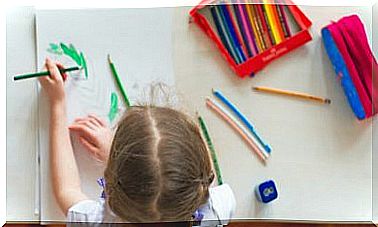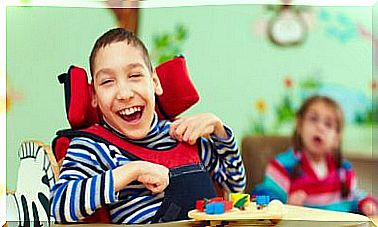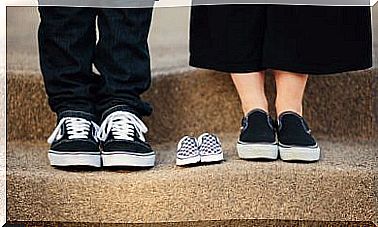Asking Our Children For Forgiveness

We parents want to instill in our little ones humility and education. To do this, among other things, we usually insist that they ask for forgiveness when they have said or done something wrong or inappropriate. But are we capable of asking our children for forgiveness?
Asking our children for forgiveness: a sign of weakness?
Many parents are aware that they are the model and the main reference for their children, so they try to give an image of firmness. They think that in order to be an authority figure they must be infallible and secure. They believe that making a mistake would make them lose credibility with their children.
Quite the opposite. Children observe us, imitate us and internalize our behaviors for their own repertoire. However, a father who never shows his most human and vulnerable part can make his son feel that something is wrong with him. A father who does not show error as a natural part of the life process can generate in his children a fear of making mistakes and being disappointed.
These children will feel weak and inadequate when they do something wrong. They will try by all means to hide their mistakes and to stand firm in the lie, if necessary, so as not to accept their failure.
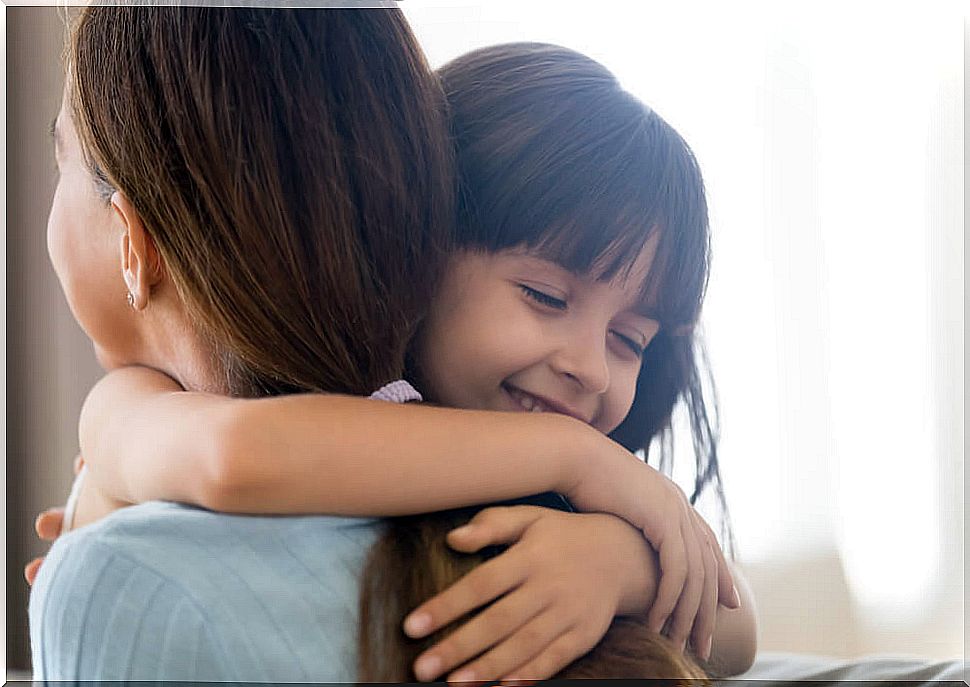
On the other hand, parents who show humility and humanity will convey to their children the message that it is normal and acceptable to make mistakes. And that being able to accept the error and try to correct it is the right way.
How to ask our children for forgiveness?
There are certain keys to keep in mind when asking for forgiveness. This must be sincere, serious and real. It is not enough to say “I’m sorry” in passing or to accompany it with excuses or self-justifications.
To begin with, it is important to get at the child’s height and look him in the eye. Our forgiveness must be accompanied by an explanation of what we feel; We must express that we know and recognize what our mistake has been.
Next, we have to give the child space to express his opinion and feelings, whether he decides to accept our forgiveness or not. Sometimes the little ones need time to assimilate and understand the situation, and we should not pressure them to accept our apology in the first place. We must also respect their emotions.
Finally, we must not forget that “I’m sorry” are not the magic words to justify any behavior. Forgiveness must be accompanied by the firm intention that the mistake will not be made again. Also, if it is possible to repair the damage caused, it must be done.
What does forgiveness mean?
- It means, first of all, that you take full responsibility for your behavior. As adults, it is healthy to take responsibility for our emotional management and not blame circumstances or the behavior of our children. Asking for forgiveness does not admit buts, it means: “I’m sorry but you made me lose my papers.”
- Forgiveness must be sincere. It cannot become a tool for emotional manipulation so that, finally, the other admits that you were right. Forgiveness may not be reciprocal, but you just need to make sure that your part is true.
- Asking for forgiveness does not mean agreeing with the child or changing your point of view. It simply means that you regret the ways, the words used or have damaged him, and want to resolve the situation with respect.
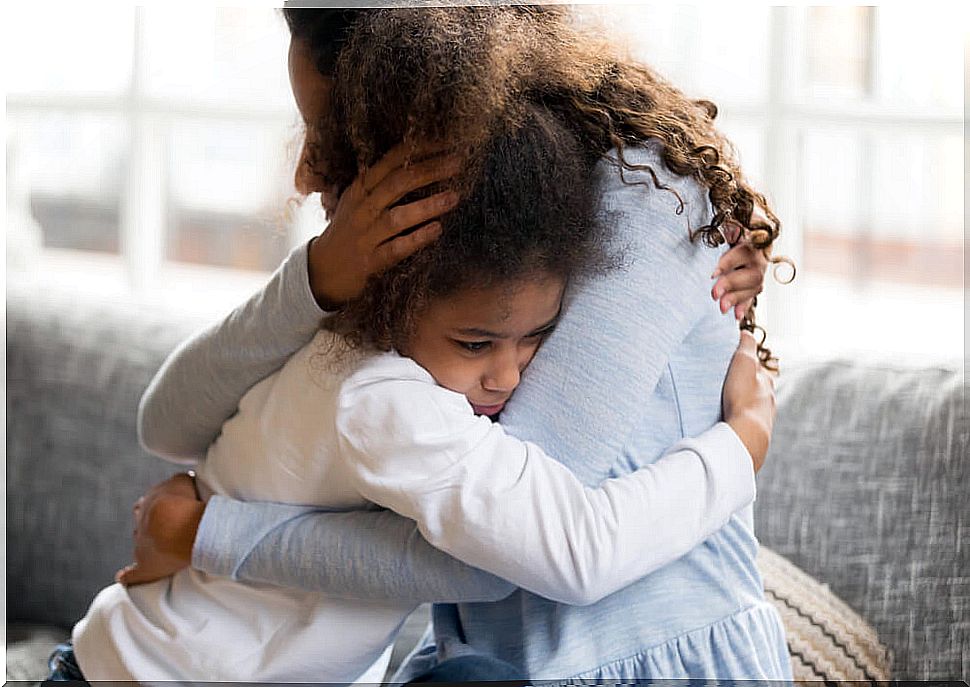
What does asking for forgiveness contribute?
Parents are the highest standards of behavior for children, and they learn from us. By asking for their forgiveness we are transmitting to them:
- That to err is human, that we all make mistakes and it is normal. That the action to take is to take responsibility and learn from it. We teach them assertiveness, being able to acknowledge our failures, and express a sincere apology.
- That you care about his person and his feelings. That you realize how you have made him feel and that your love for him prevails over your pride. Thus, we show empathy and the need to put yourself in the place of the other and take into account how your actions affect their emotions.
- That forgiveness is a useful and necessary interpersonal tool. That by asking for forgiveness a healing connection is created between the two people that begins to repair the damage.
